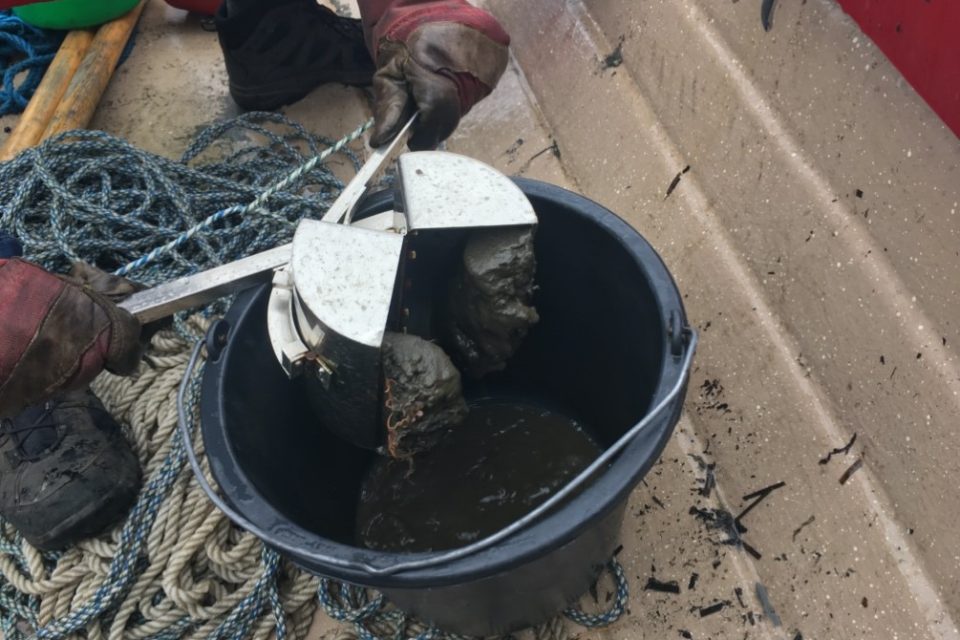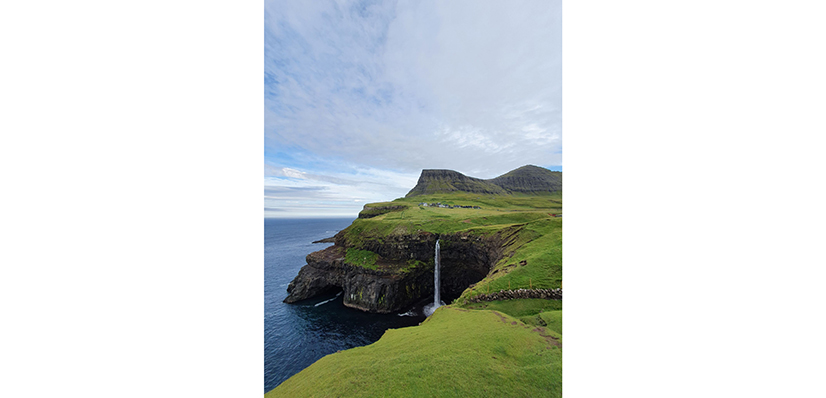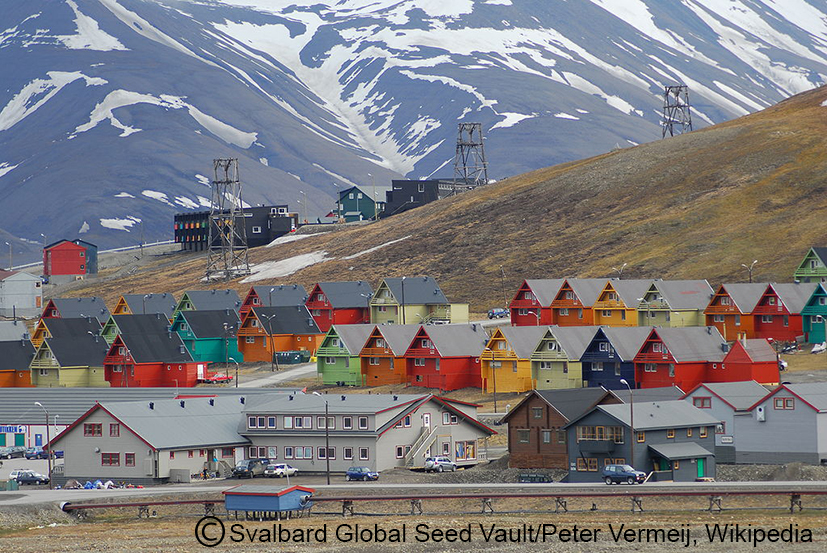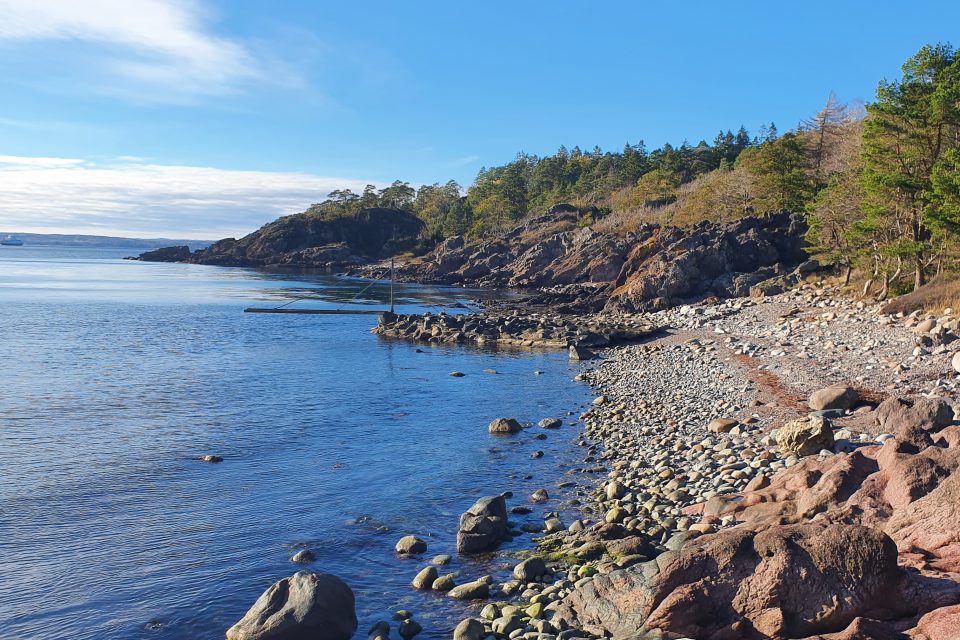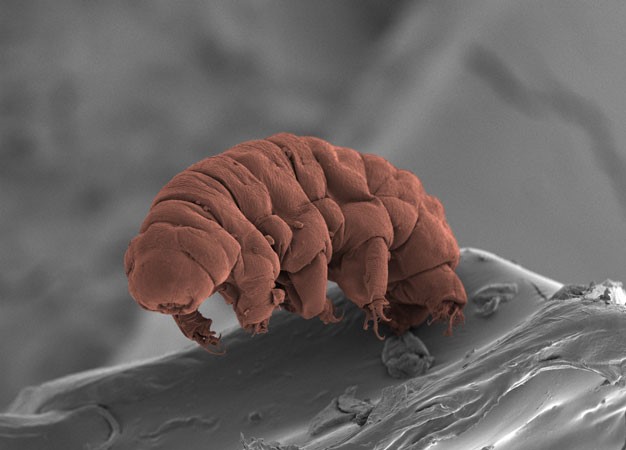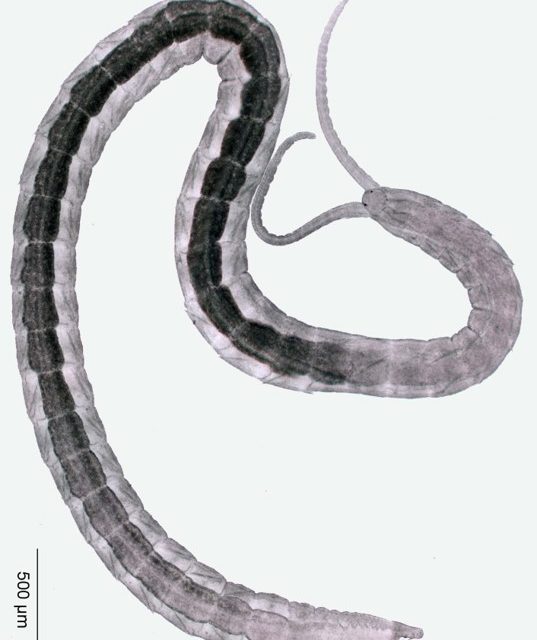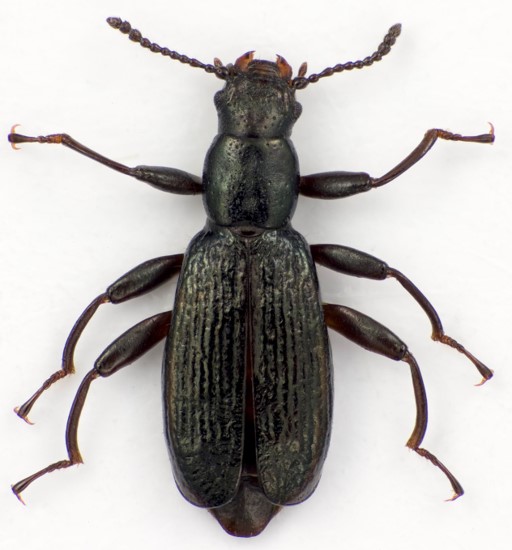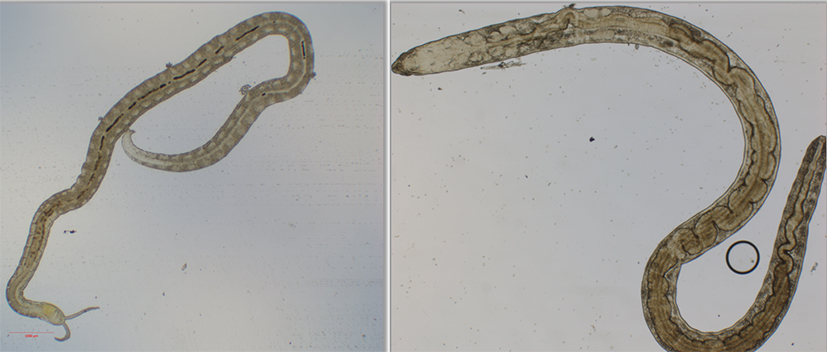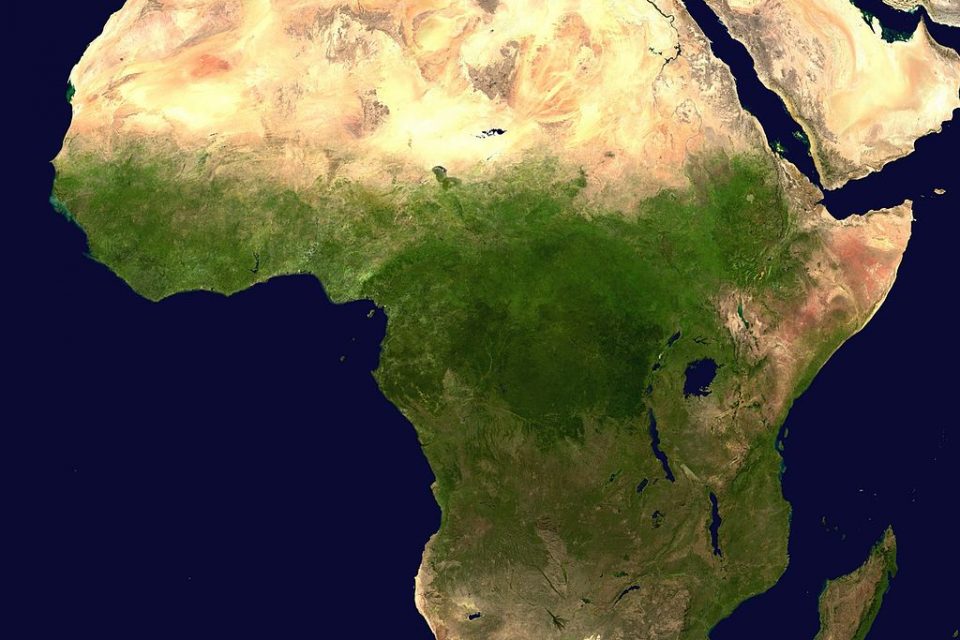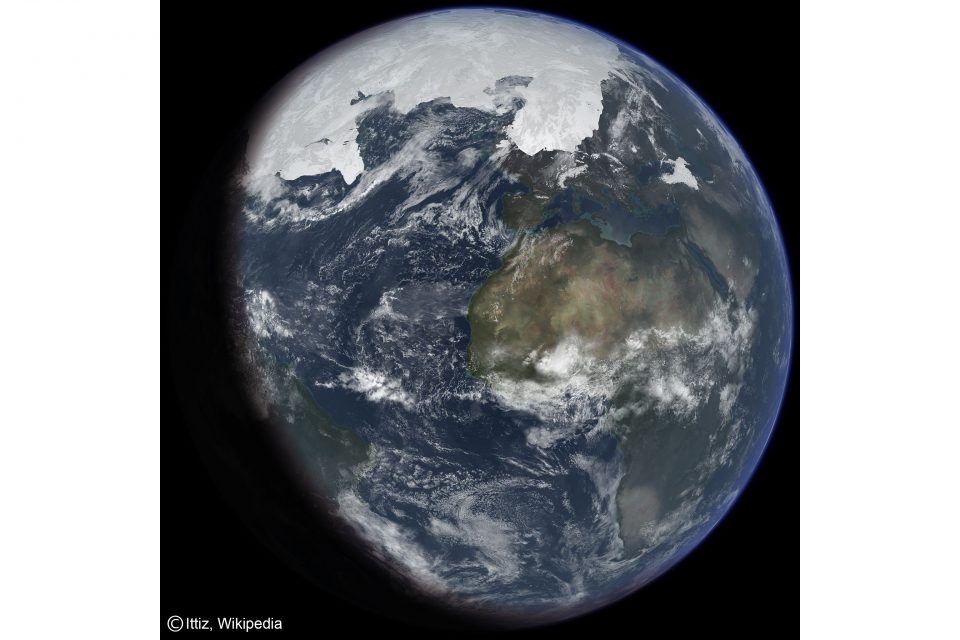
A tale of stone and ice
Our calendar is coming to its close and at the second-to-last day it features two Master projects, which started this year working with annelids, which are both completely computer-based making use of the SAGA supercomputer infrastructure through the command line, and all analytical programs used are monitored through […]
